The victim of India's latest alleged gang rape faced the double discrimination of being born female and low caste, says her family, fearing she will get no justice in death either.
They say it would all have been different if the 19-year-old victim of a brutal attack came from an upper-caste family or if the suspects were all lower-caste Indians, known as Dalit.
"The police are twisting facts," her brother, who cannot be named for legal reasons, told the Thomson Reuters Foundation.
"Things could have been different had we belonged to an upper caste."
His sister - who cannot be named - died from her injuries last week after she was allegedly attacked by upper-caste men on Sept. 14 in a field near her home in India's most populous state of Uttar Pradesh, sparking widespread outrage and protests.
Days later, another lower-caste Dalit woman died in the same state, also after being gang raped.
The cases highlight discrimination and abuse against India's 200 million Dalits, who are on the lowest rung of an ancient caste hierarchy and suffer social and economic exclusion despite laws to protect them.
They also underscore the kind of challenges Dalits can face in getting justice - this, in a system overhauled in the wake of a fatal gang rape in 2012 that sparked global outrage.
Critics point to lapses by law enforcement in the wake of last month's attack, which the National Human Rights Commission called "a serious issue of violation of human rights".
While the family say the woman died as the result of the sex assault, state police argue that forensic tests show she died due to a neck injury and that "no sperm was found in samples".
"That is not true. My sister said it on camera that a bad thing was done to her," the brother said, referring to her dying declaration.
State police did not respond to requests for comment.
Doctors who treated the woman also rejected the findings, saying the samples were sent for tests 11 days after the attack. Government guidelines say forensic evidence can only be found up to 96 hours after the incident.
Police have arrested four higher-caste Hindu men over the attack, while the state has given the family compensation and heavy security for protection.
India's top court will monitor the investigation by federal police at the request of the state amid mounting public criticism.
The family say the victim's body was forcibly cremated by police in the middle of the night without their consent, an allegation officials deny.
The state also barred media and opposition politicians from meeting the family for days. Backlash over such moves led to the suspension of five senior police officers, the state police department announced last week.
"We did not even get a chance to see my sister's face one last time," said the brother, 28.
BARRIERS
Dalit rights activists say lower-caste women suffer a double discrimination - gender and caste - when accessing India's under-resourced and often insensitive criminal justice system.
They say the obstacles are numerous - be it a hostile police, unsympathetic forensic examinations, a lack of counselling, shoddy investigations or weak courts.
"Institutional barriers are far worse for girls and women from marginalised communities such as Dalits," said Jayshree Bajoria, a consultant at Human Rights Watch (HRW).
"The justice system often becomes a nightmare for the women who dare to speak out and seek justice."
The Ministry of Women and Child Development did not respond to requests for comment.
India launched a slew of legal reforms after the 2012 gang rape, including easier mechanisms to report sex crimes, fast-track courts and a tougher rape law with the death penalty.
Yet India has a grim record of sexual violence, with Uttar Pradesh the least safe state for women in the country.
India recorded more than 32,000 rapes - or about 87 per day - in 2019, according to the latest crime data.
Police arrested nearly 4,000 people, with 300 resulting in convictions. More than 1,000 were acquitted.
BOTCHED INVESTIGATIONS
Campaigners say acquittals are high due to the delayed or botched collection of evidence, which can derail cases in court.
A study published last month detailed the harrowing experience of 14 rape victims, including 11 from marginalised groups, when they tried to report a crime in Uttar Pradesh, where caste still plays a big role in politics.
The report said some police refused to register a crime, others blamed victims or pushed women to settle out of court so as to shield suspects from dominant castes.
Manjula Pradeep, a Dalit lawyer who helps sexual assault victims, said she knew this pattern all too well.
She said a lack of counselling, zero police protection and lengthy trials in which victims are seldom provided a lawyer of their choice add to the trauma and stigma of sexual violence.
"The first important step is to see women from marginalised communities as human beings and not as objects," said Pradeep, director at Dalit Human Rights Defenders Network (DHRDNet).
She said without support, the mental health of victims is affected and breaks their trust in the criminal justice system.
They often become tired and disillusioned, unable to spend the time and money required to attend court hearings, and some just want to get on with life.
For Gira, a Dalit victim of sex trafficking who battled half a decade for justice, the only solution is for India at long last to ditch a deep caste prejudice that was outlawed in 1955.
"We have to end this. It is too deeply entrenched in our society. Are we not all the same? We are all one. But our lives, our battles become very different because of (caste)," she said.
"My fight for justice took five years. But nobody else should have to wait that long for that kind of mental peace."





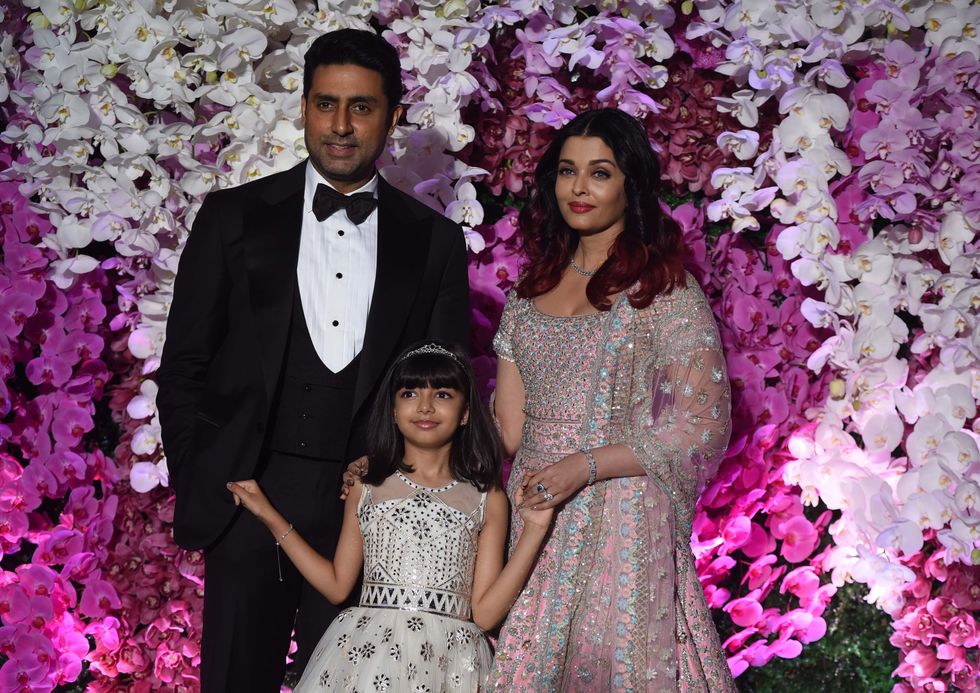 Aaradhya Bachchan has no access to social media or a personal phoneGetty Images
Aaradhya Bachchan has no access to social media or a personal phoneGetty Images  Abhishek Bachchan calls Aishwarya a devoted mother and partnerGetty Images
Abhishek Bachchan calls Aishwarya a devoted mother and partnerGetty Images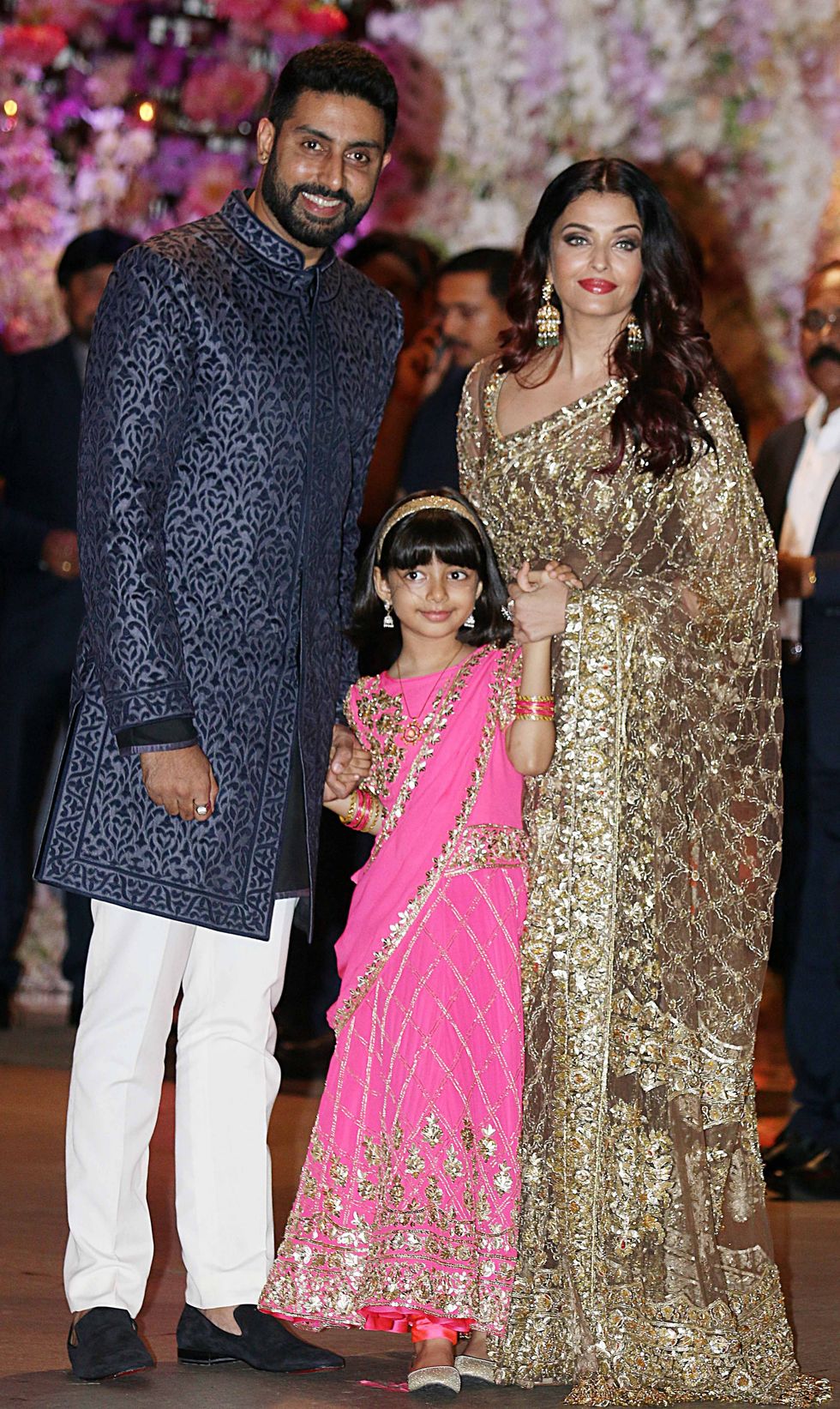 Aaradhya is now taller than Aishwarya says Abhishek in candid interviewGetty Images
Aaradhya is now taller than Aishwarya says Abhishek in candid interviewGetty Images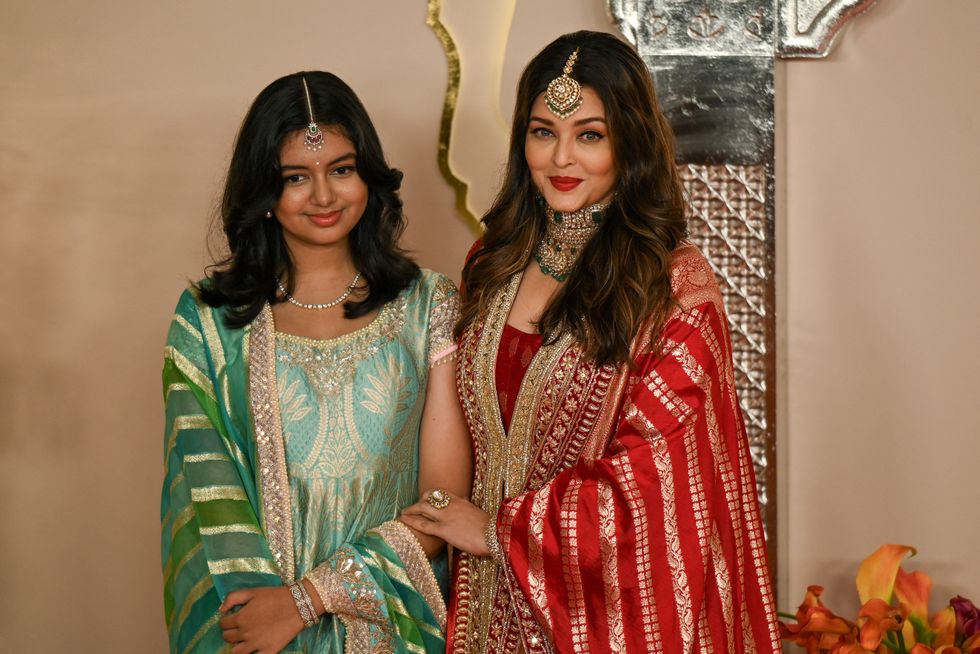 Aishwarya Rai often seen with daughter Aaradhya at public eventsGetty Images
Aishwarya Rai often seen with daughter Aaradhya at public eventsGetty Images









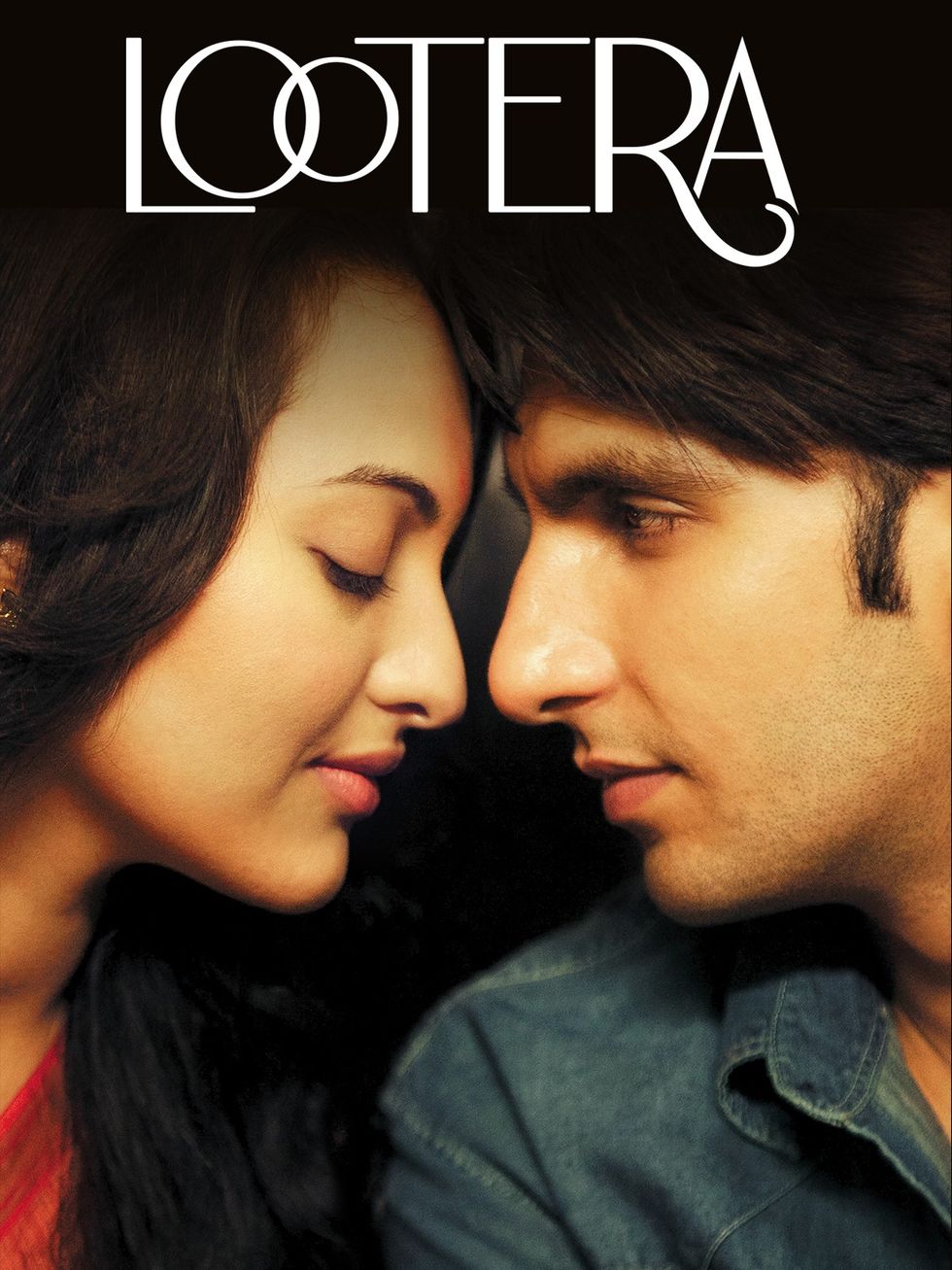 Lootera released in 2013 and marked a stylistic shift for Ranveer Singh Prime Video
Lootera released in 2013 and marked a stylistic shift for Ranveer Singh Prime Video 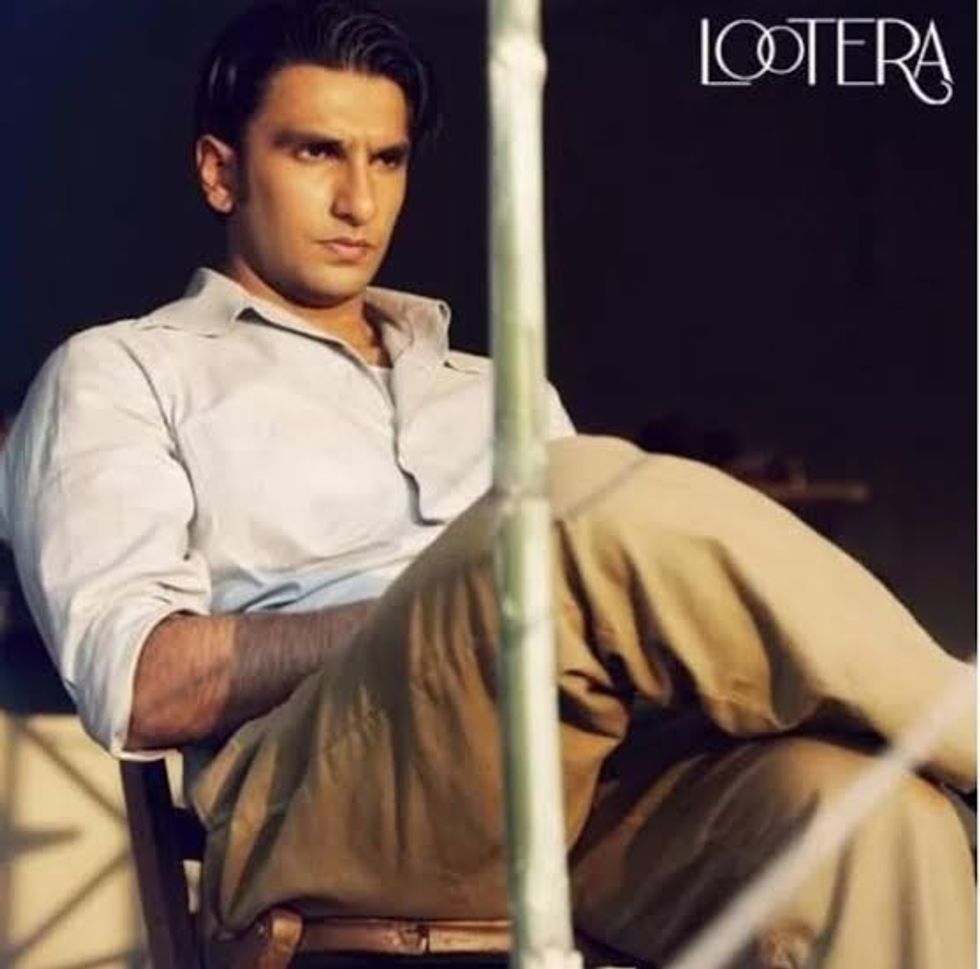 Ranveer Singh’s role as Varun showed he could command the screen without saying much
Ranveer Singh’s role as Varun showed he could command the screen without saying much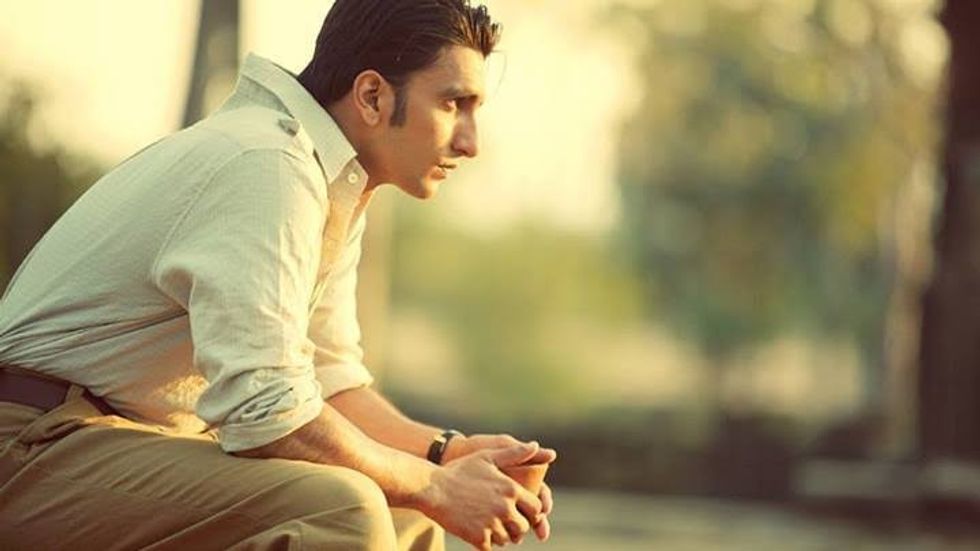 The period romance Lootera became a turning point in Ranveer Singh’s career
The period romance Lootera became a turning point in Ranveer Singh’s career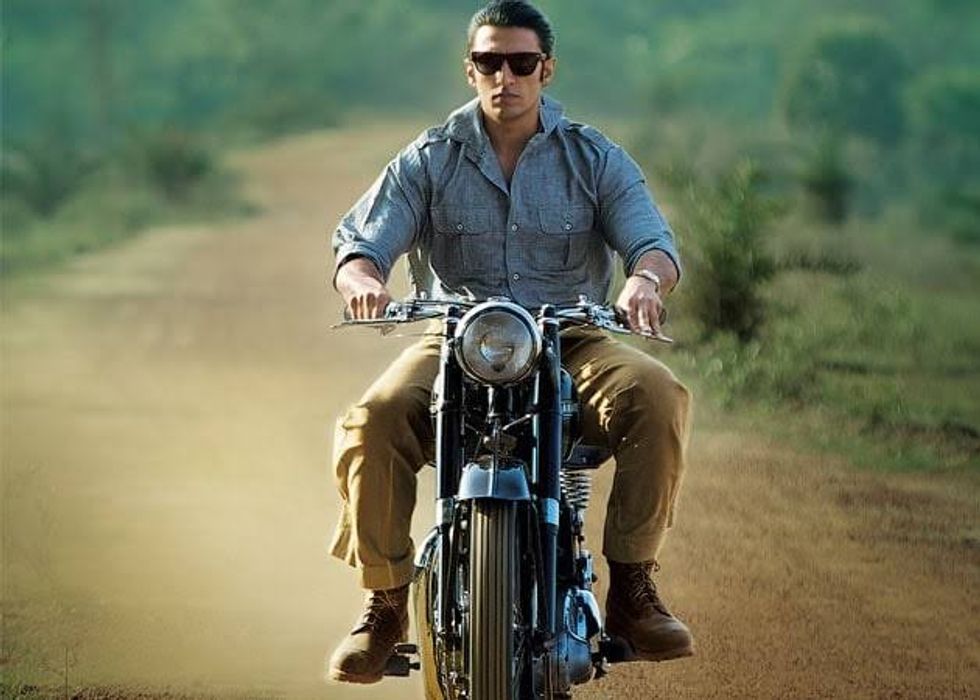 Ranveer Singh’s performance in Lootera was praised for its emotional restraint
Ranveer Singh’s performance in Lootera was praised for its emotional restraint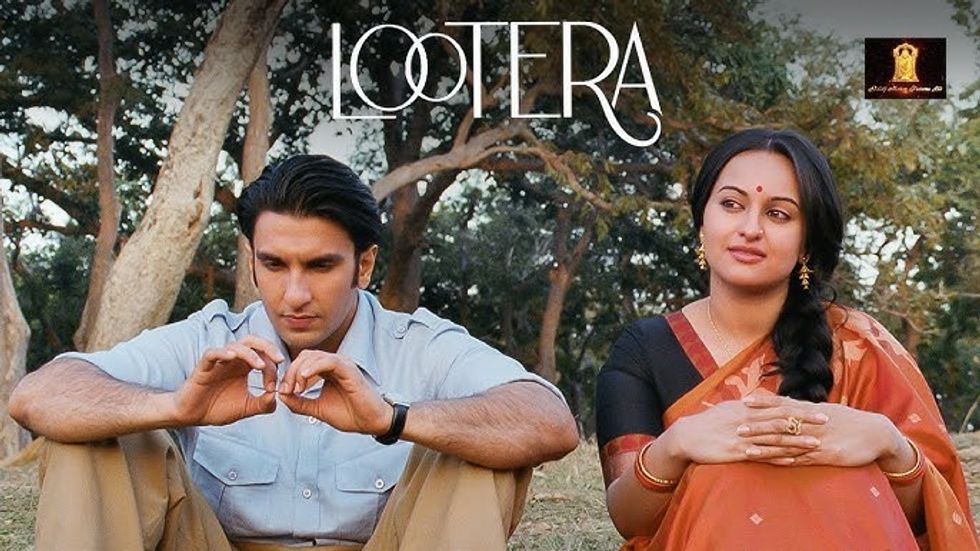 Ranveer Singh and Sonakshi Sinha starred in the romantic drama set in 1950s BengalYoutube/Altt Balaji Motion Pictures
Ranveer Singh and Sonakshi Sinha starred in the romantic drama set in 1950s BengalYoutube/Altt Balaji Motion Pictures 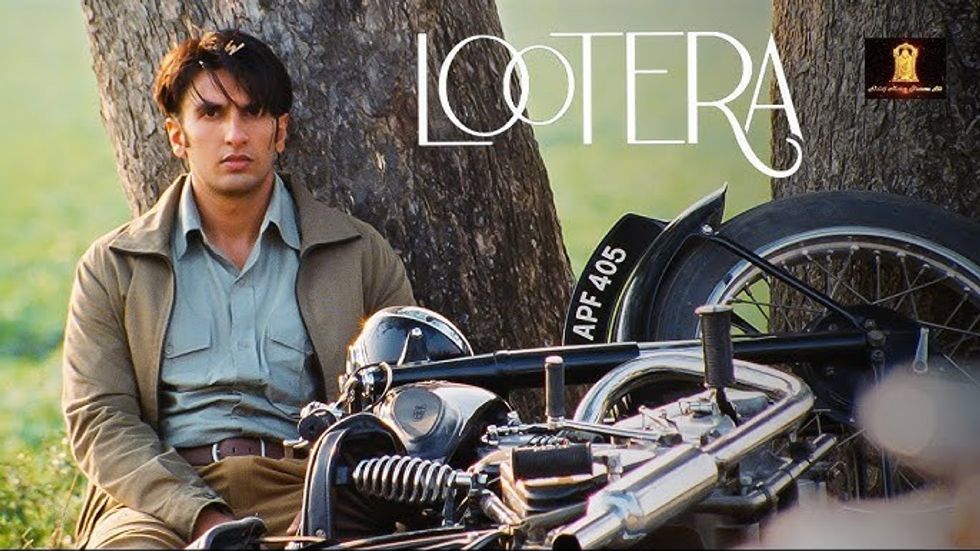 Lootera’s legacy has grown over the years despite its modest box office runYoutube/Altt Balaji Motion Pictures
Lootera’s legacy has grown over the years despite its modest box office runYoutube/Altt Balaji Motion Pictures
